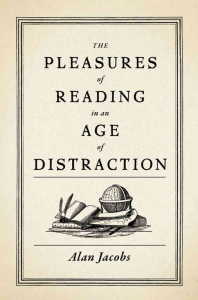There was a tremendous piece in the New Yorker recently about the way we work and how much time we give of ourselves to different things.
The basis of the article centered around a prediction from John Maynard Keynes in the early 1900s that by this time in our evolution as people we would only be working 15-hour weeks.
Elizabeth Kolbert noted the following:
The size of the global economy, he forecast, would increase sevenfold in the following century.
In reality? It’s increased more than that.
Since “Economic Possibilities for Our Grandchildren” was published, the U.S. gross domestic product has grown, in real terms, by a factor of sixteen, and G.D.P. per capita by a factor of six.
But nobody I know works 15 hours a week.
Why?
That’s what I want to focus on.
The easiest answer? We need too many things.
Several contributors to the volume attribute Keynes’s error to a misreading of human nature. Keynes assumed that people work in order to earn enough to buy what they need. And so, he reasoned, as incomes rose, those needs could be fulfilled in ever fewer hours. Workers would knock off earlier and earlier, until eventually they’d be going home by lunchtime.
Yeah, right.
But that isn’t what people are like. Instead of quitting early, they find new things to need. Many of the new things they’ve found weren’t even around when Keynes was writing—laptops, microwaves, Xboxes, smartphones, smart watches, smart refrigerators, Prada totes, True Religion jeans, battery-powered meat thermometers, those gizmos you stick in the freezer and then into your beer to keep it cold as you drink it.
This is actually quite sad.
The part that isn’t addressed that I feel needs to be is corporate America’s desire to create this necessity for us to trade hours for money. How do you escape that? That’s a question that needs to be wrestled with.
I don’t know that the 15-hour workweek is a hill I’m going to die on but certainly the undisciplined pursuit of more is one I will.
I hope you only work for what is essential and not drown yourself in the chase for more. And with that extra time you hopefully have, I hope you steward it wisely.

